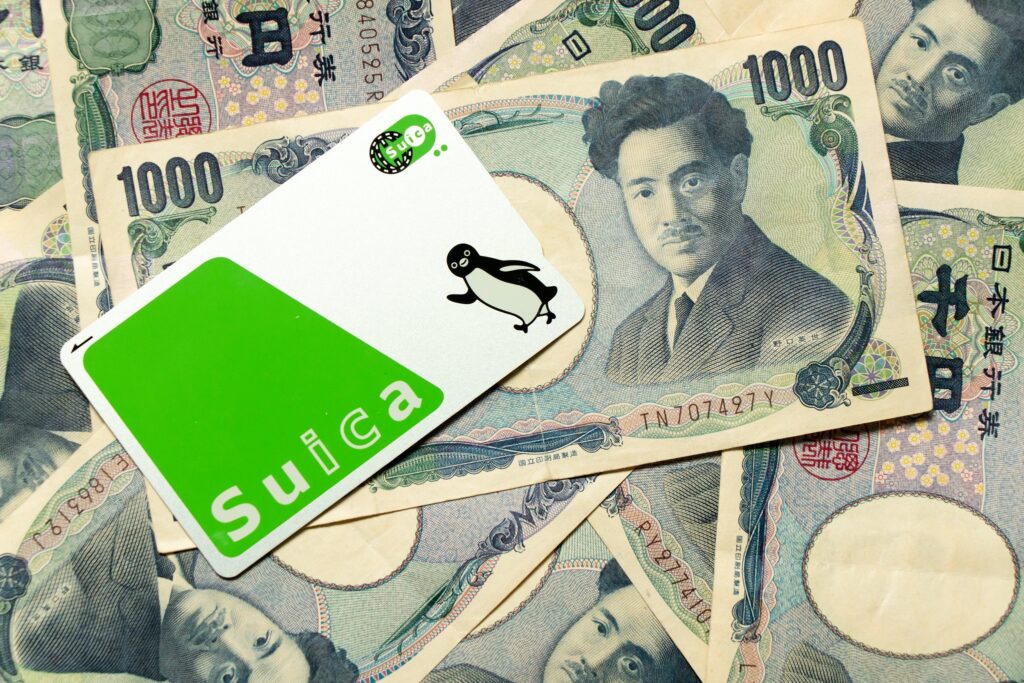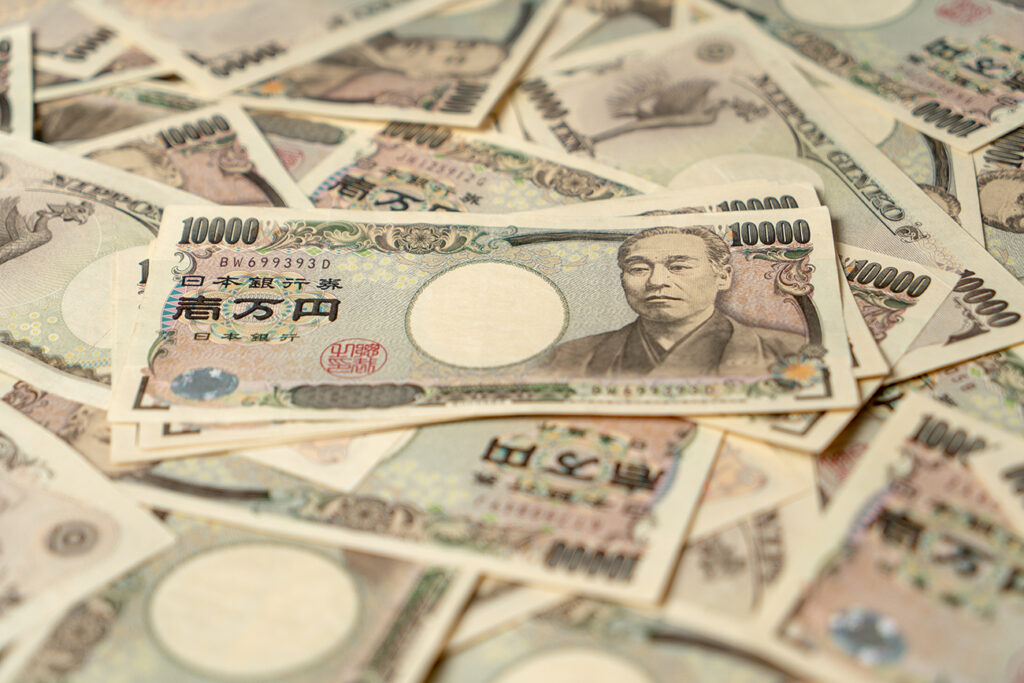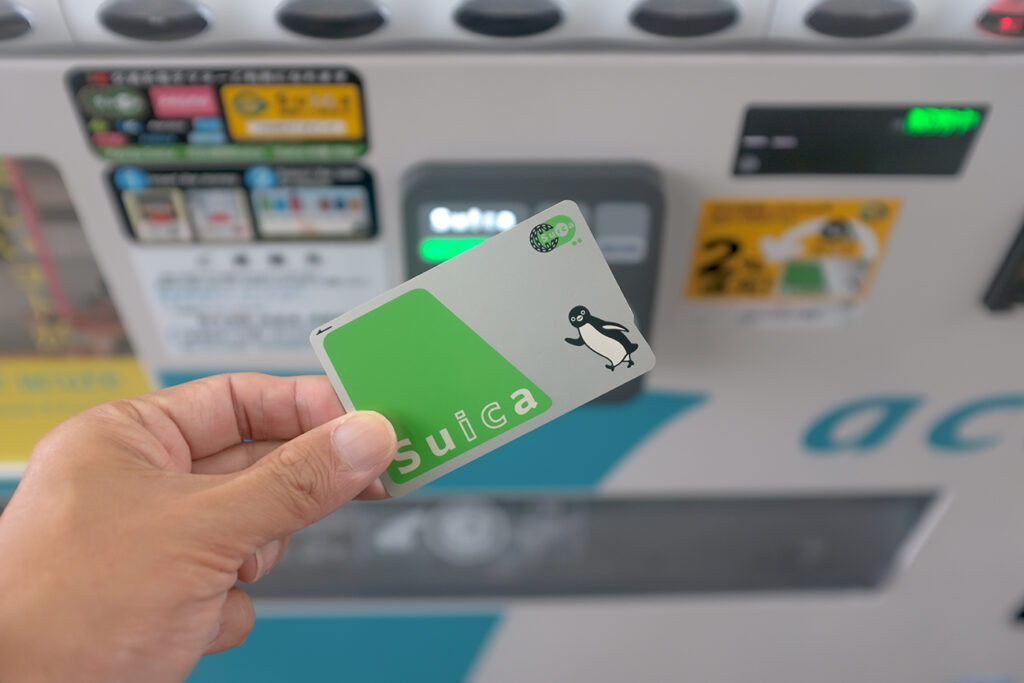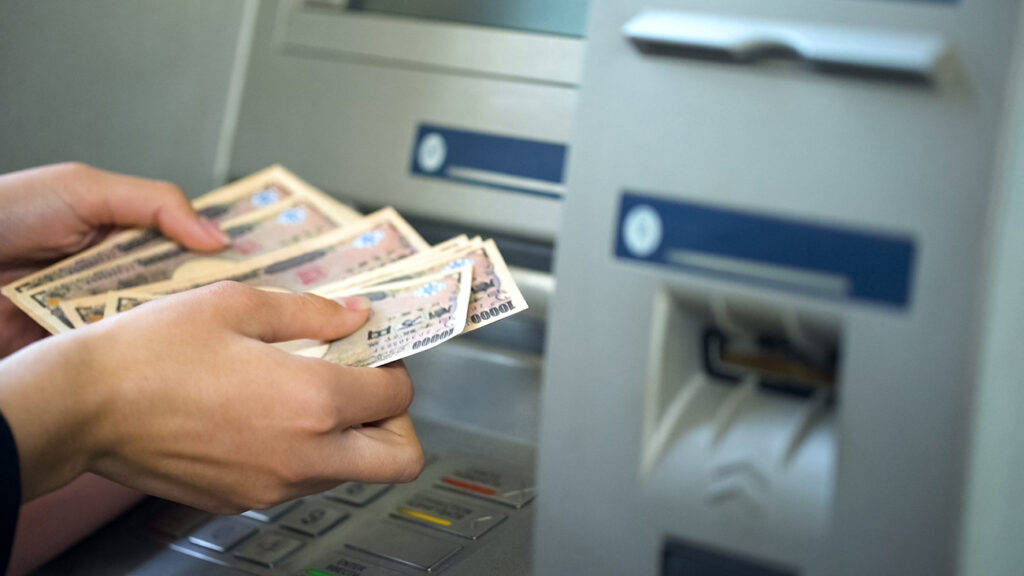
Payment Methods in Japan
The official currency of Japan is the yen (円, en). One yen equals 100 sen, although sen are no longer used in daily transactions except in stock market quotations. Banknotes are available in denominations of 1,000 yen, 2,000 yen (rare), 5,000 yen, and 10,000 yen. Coins are circulated in values of 1 yen, 5 yen, 10 yen, 50 yen, 100 yen, and 500 yen. Foreign currencies are generally not accepted for payments in Japan, with the exception of major international airports.
 Traditionally known as a cash-oriented society, Japan has seen a shift towards alternative payment methods in recent years. When in Japan, you might encounter the following payment options:
Traditionally known as a cash-oriented society, Japan has seen a shift towards alternative payment methods in recent years. When in Japan, you might encounter the following payment options:
Cash: Cash remains popular, especially for smaller transactions. Large bills are commonly used and accepted across the country. While paying with a 10,000 yen bill is generally acceptable, using smaller denominations is appreciated at taxis, small shops, temples, and shrines. In rural areas, credit card acceptance may be limited, so carrying cash is advisable.
Cash is often the only option for small fees at tourist sites, smaller restaurants, and shops. Many lockers also require coins. When using buses or trams, consider using IC cards for payment; cash payments above 1,000 yen might not be accepted, and drivers may lack sufficient change. Vending machines typically accept coins (10, 50, 100, 500 yen) and 1,000 yen bills, with newer models also accommodating 5,000 and 10,000 yen bills.
Credit/Debit Cards: Credit and debit cards are now widely accepted, especially in urban areas. Major hotels, department stores, mid to high-end restaurants, outlet malls, and large retail shops typically accept card payments. Train stations, convenience stores, supermarkets, chain restaurants, and boutiques also commonly support card transactions.
 IC Cards: IC cards like Suica and Icoca, used primarily for public transportation payments, are now accepted at numerous shops, restaurants, convenience stores, vending machines, and coin lockers.
IC Cards: IC cards like Suica and Icoca, used primarily for public transportation payments, are now accepted at numerous shops, restaurants, convenience stores, vending machines, and coin lockers.
Mobile Payment: Various mobile payment options have gained popularity, typically through apps enabling NFC or QR code payments. Domestic services like Edy, Rakuten Pay, Paypay, and Line Pay are prevalent but may pose challenges for foreign tourists. International services such as Alipay, WeChat Pay, and Apple Pay are increasingly accepted, with some limitations based on device compatibility.
Currency Exchange: Banks, post offices, select hotels, and licensed money changers (especially at international airports) offer currency exchange services. Whether to exchange currency before arriving in Japan depends on exchange rates and the competitiveness of the foreign exchange market in your home country.
ATM Withdrawal: Many ATMs in Japan accept foreign cards, although availability and service fees can vary widely. Check with your card issuer regarding fees and compatibility. Note that some ATMs may be inaccessible during nights and weekends.
Overall, while cash is universally accepted, credit cards and IC/mobile payments offer convenient alternatives in many locations. Japan’s low crime rates generally make carrying cash less concerning, with exchange and withdrawal options widely available.

